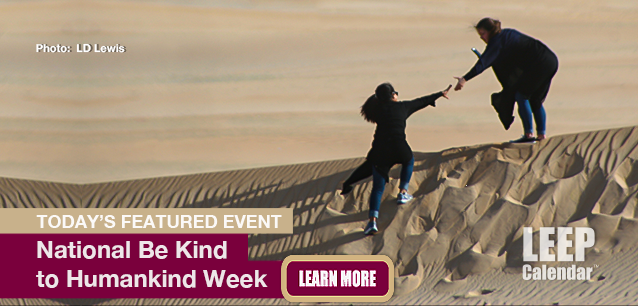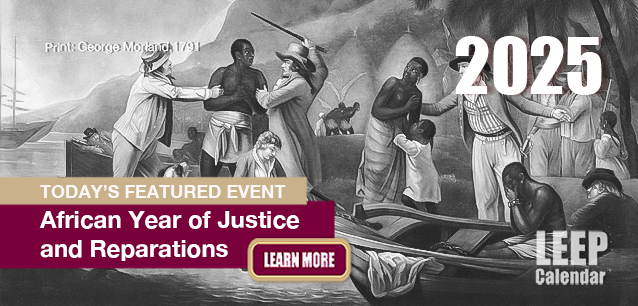 AD
AD
Today is: August 26
Scroll to explore events active on this date.
Additional Events on LEEP
LEEP INK FEATURES

August? Absolutely!
In August, we live through the Dog Days of Summer. It's hot and often humid, and those who can leave for better climates do. Down south, winter is in full force. August is also known as "the ...

In The Heat of July: July 2025 Events
Is it hot enough (or cold enough if you're below the equator) for you yet? There is actually a day for that! Like every month, I pick a diverse collection of events you may or may not know about. This ...

May Blooms: Events in May 2025
Along with October, May is one of the most densely packed months of the year. It's before the summer humidity and the last whole month of the school year. The weather is warming in t...
About New Year's Day
Ends: Jan 01, 2020
DESCRIPTION:
Today is the first day of the year and it is recognized the world over. In most countries, it is a national holiday. Common traditions include attending parties, eating special New Year’s foods, making resolutions for the New Year and watching fireworks displays.
The earliest recorded festivities in honor of a new year’s arrival date back some 4,000 years to ancient Babylon.
Emperor Julius Caesar (July 13, 100 BC - March 15, 44 BC) instituted January 1 as the first day of the year, partly to honor the month’s namesake, Janus, the Roman god of beginnings. Janus is always depicted with two faces. These allowed him to look back into the past and forward into the future. Caesar developed the Julian Calendar, which became the calendar of commerce until 1753 when the Gregorian Calendar, created by Pope Gregory XIII, was finally adopted by the British Empire as the international standard.
The difference in the two calendars is 11 minutes, which over decades, eventually puts summer in winter and winter in summer! And Leap Years, to offset for the 1/4 day every four years it takes the sun to go around the earth, these were added into the Gregorian Calendar. Why change? Predominantly so Easter didn’t fall in the middle of winter and that it would always occur in the spring.
Happy New Year!
VIDEOS
SUPPORTING DOCUMENTS
Currently, this event does not have supporting documents.
ADDITIONAL IMAGES
Currently, this event does not have supporting images.
Where would you like to go now?
 AD
AD


























































/footer-logo.svg)
